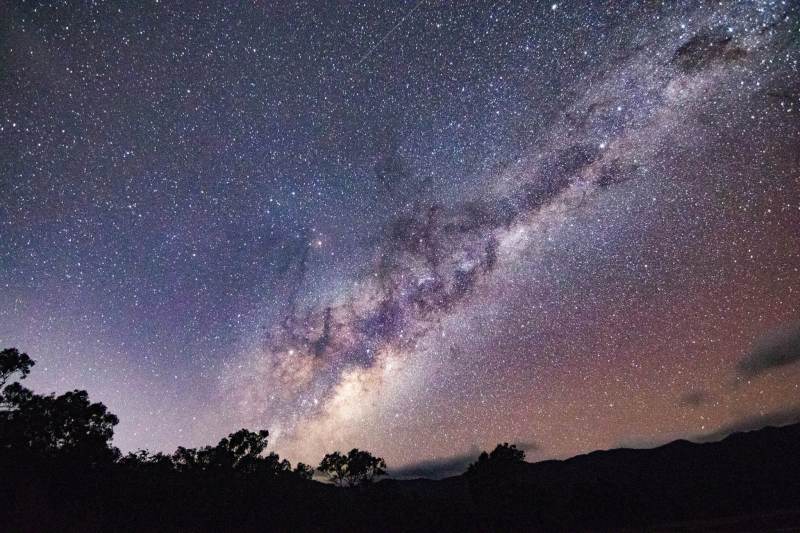The Story of the Dark Emu

The dark emu is not made up by stars, but by the dark dust in our milky way. Find the emu’s head in the top right corner (the ‘coal-sack’ in western astronomy), its body with its dark wispy wing and tail feathers in the middle of the picture (with Antares, a bright star at its bum) and its feet stretch down to the left below the horizon.
“In Dreaming stories, Emu is often a narcissist who damages social relationships. These stories teach us about the protocols for living sustainably, and warn us about unsustainable behaviours. The basic protocols of Aboriginal society, like most societies, include respecting and hearing all points of view in a yarn.
Narcissists demand this right, then refuse to allow other points of view on the grounds that any other opinion somehow infringes their freedom of speech or is offensive.
They destroy the basic social contracts of reciprocity (which allow people to build a reputation of generosity based on sharing to ensure ongoing connectedness and support), shattering these frameworks of harmony with a few words of nasty gossip. They apply double standards and break down systems of give and take until every member of a social group becomes isolated, lost in a Darwinian struggle for power and dwindling resources that destroys everything. Then they move on to another place, another group. Feel free to extrapolate this pattern globally and historically.
All Law-breaking comes from that first evil thought, “I am greater-than,” that original sin of placing yourself above the land or above other people.
these people lack their own authentic identities and therefore can only find comfort in assaulting [others].
In our traditional systems of Law we remember, however, that everyone is an idiot from time to time. Punishment is harsh and swift, but afterwards there is no criminal record, no grudge against the transgressor. Perpetrators are only criminals until they are punished, and then they may be respected again and begin afresh to make a positive contribution to the group.
In this way, people will not lie and shift blame or avoid punishment by twisting rules to escape accountability. They can look forward to a clean slate and therefore be willing and equal participants in their own punishment and transformation, which is a learning process more than anything else.”
Tyson Yunkaporta’s Sand Talk: How Indigenous Thinking Can Save the World
